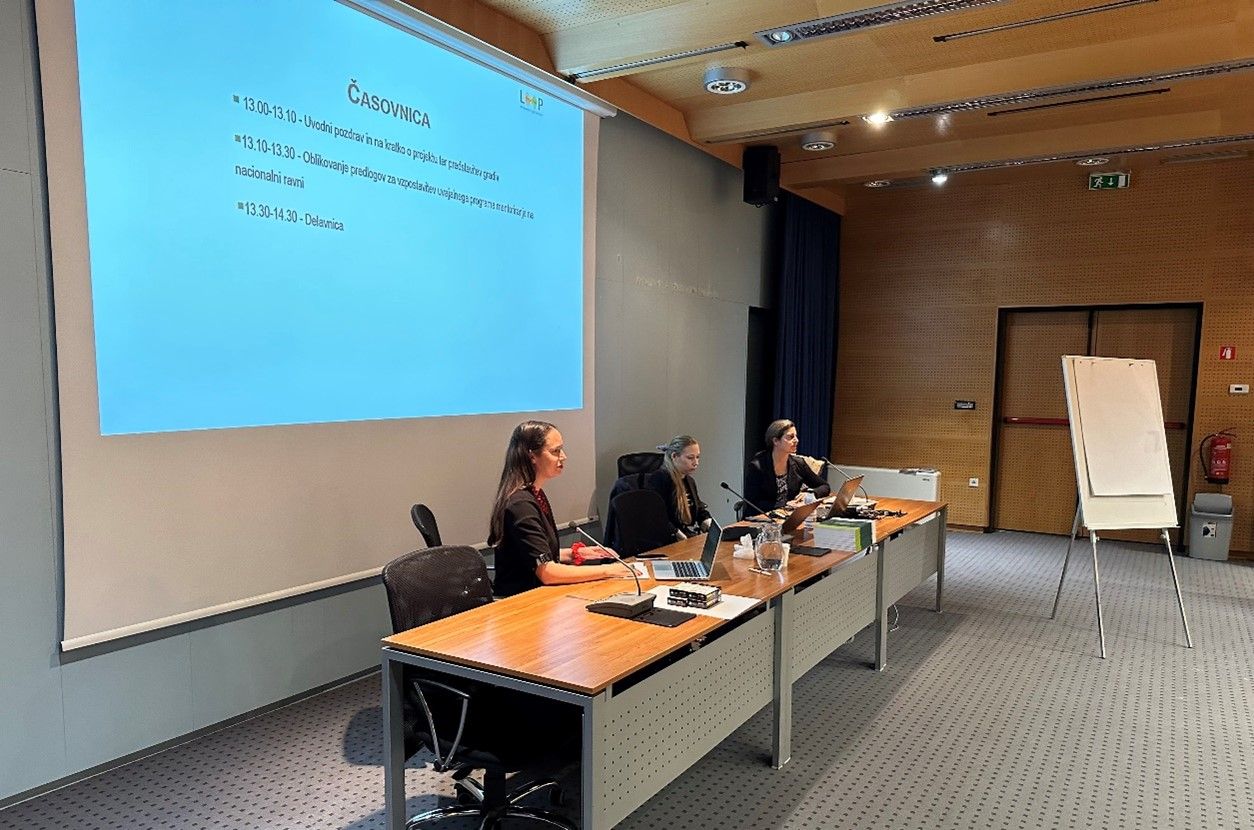
2nd Policy Seminar | SLOVENIA
The LOOP Policy Seminar in Slovenia, held on May 15, 2023, provided valuable insights into the implementation of mentoring-based induction programs within the Slovenian educational context. The attendance of approximately 15 participants, the seminar facilitated meaningful discussions on the recommendations outlined in the Policy Brief.
During the seminar, participants highlighted the method of implementation of mentoring programs, emphasizing the importance of a comprehensive and compulsory program for all teachers. They stressed the need for mentors to be relieved of some teaching duties and compensated for their mentoring work. Additionally, there was consensus on the significance of flexible mentoring structures, allowing collaboration between schools and the expansion of the program.
Political approval and support were deemed crucial for the successful implementation of mentoring programs. Competent authorities, including the Ministry of Education, Science, and Sport, along with the Institute of Education and the Faculty of Theology, were identified as key stakeholders in this process.
Looking ahead, participants expressed the desire for continued implementation of the mentoring program in the upcoming school year, emphasizing the need for timely communication and systemic training for mentors. Suggestions were made to expand and upgrade the program, with a focus on direct communication with headteachers and mentors to ensure effective implementation.
The seminar featured insightful discussions on teacher motivation and passion for the profession, emphasizing the importance of positive experiences and ongoing professional growth. Participants shared personal reflections on why they chose to become educators and what motivates them to stay in the profession. The integration into the school environment and the satisfaction derived from making a difference in students’ lives were highlighted as key factors contributing to job satisfaction.
In summary, the seminar underscored the importance of mentorship programs in supporting teacher development and enhancing the quality of education. Moving forward, efforts should focus on securing political support, expanding training opportunities for mentors, and fostering a supportive and collaborative environment within schools.
As for the main findings to share on social media or the project’s website, key messages could include the importance of teacher satisfaction, the role of mentorship in professional development, and the need for ongoing support and training for educators. These messages can help promote awareness of the program’s impact and encourage further engagement and participation in similar initiatives.
Below are highlights from the seminar:


